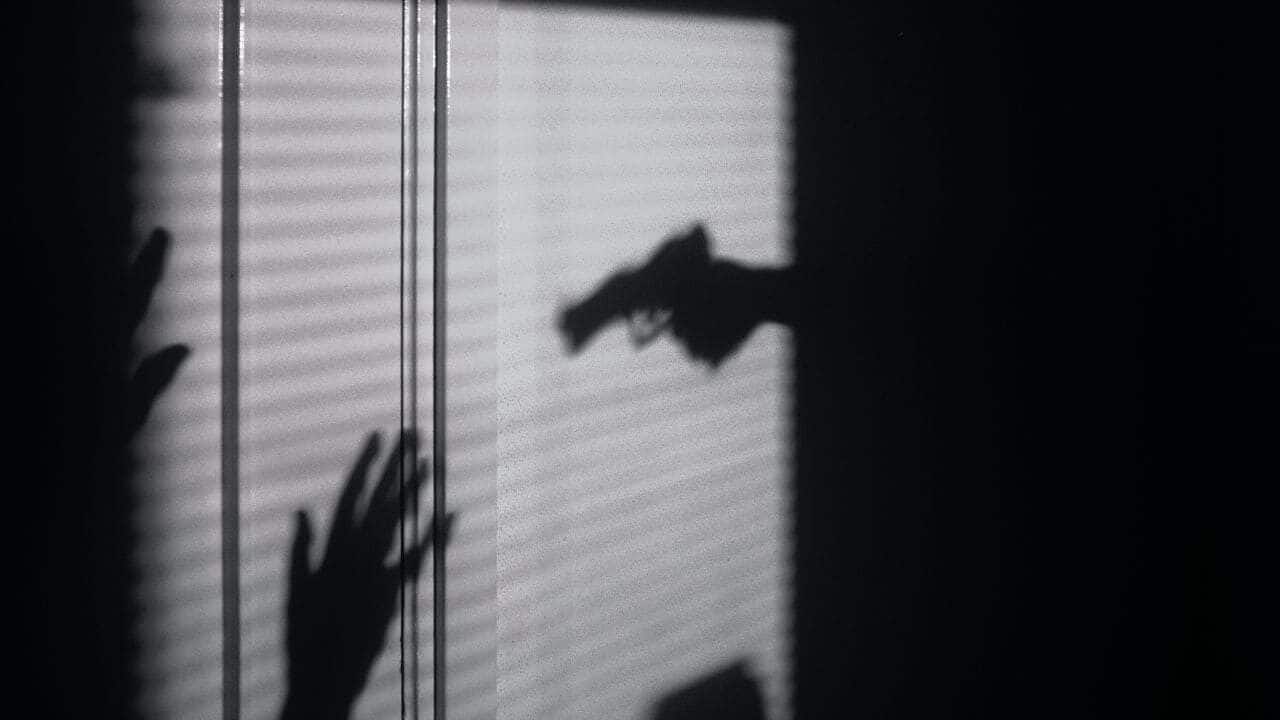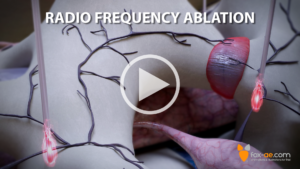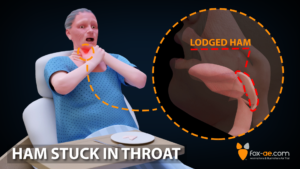The study of criminal psychology is very crucial especially in determining criminal cases. O’Brien (2008) in his book, Criminology: The Key Concepts, posits that there is a wide range of compelling and often contradictory perspectives when determining criminal psychology. He explains that some scholars go with the biological theory, some the neurological processes theory while some go with the psychoanalytic perspective.
Point Park University (2021) in their article, What are the Three Major Psychological Theories of Crime? defined criminal psychology as “a broad label used to identify those perspectives that examine the individual’s psychological make-up and mental processes in an attempt to explain offending behavior.” In the article, it was affirmed that there are three major psychologies of crime namely the psychodynamic theory, the behavioral theory, and the cognitive theory.
The psychodynamic theory of criminal psychology is derived from Sigmund Freud’s theory of the relationship between the ‘id’, ‘ego’ and ‘superego.’ The id signifies the instinctual drives of a person, the superego is the moral and ethical knowledge that keeps the id in check while the ego is the rational personality derived from the correct balance of the id and the ego.
Goreta (1991) in his article, Psychodynamic Aspects of Criminal Behavior, talks about how structural distances in ego and superego formation take great importance in criminal acts. He asserted that “the greater integration of psychoanalytic knowledge into the theory and praxis of forensic psychiatry imposes itself as an indispensable basis for reforms which are already underway and which are expected in the future development of forensic psychology.”
More so, the behavioral theory posits that criminal psychology is developed as a result of the experiences of the person. It stems from the reactions of people around them whenever they do what is right or wrong. If wrong behaviors are encouraged, then the person learns that behavior. Jefferey (1995) in his book, Criminal Behavior, and Learning Theory, explained that criminal behavior is a learned behavior as a result of a person’s environment and experiences.
The final theory which is the cognitive theory of criminal behavior talks about how lack of development of a person’s cognition can lead to the development of criminal behaviors in him. Miller (2021) in her study article, Cognitive Theories of Crime: Overview and Features, stated that “cognitive theory of crime explains criminal behavior as a defect in moral thinking, thought processes and mental development.” As a result of these theories, there is continual development in understanding criminal psychology when a criminal case is brought before the court. Criminals can be effectively tested on each of the theories and accurate results will be detected.
The environment and mental development of a person play major roles in a person’s capability for a crime. Schmideberg (1947) in her article, Psychological Factors Underlying Criminal Behavior, talks about the criminal psychology of antisocial people. According to her, this attitude is derived mainly from their experiences or lack thereof.
She claims that “the usual idea- and one should by a number of analysts- is that genuine criminal is lacking in moral standards and normal inhibitions and can be restrained from social activities only by external pressure. In my view, it is not so simple. It seems to me that it would be more accurate to say that the criminal has no satisfactory emotional relations and therefore no consideration for others, makes things or physical pleasures the center of his interest, and suffers from an overwhelming need for immediate satisfaction with no thought of the future.” Looking at this view critically, one would detect the unification of the different perspectives of criminal psychology.
Furthermore, it is important to note that criminal psychology is used interchangeably with forensic psychology. Seghal (2020) in his article, Role of Forensic Psychology in Understanding Criminal Psychology, explains that forensic psychology, in a bid to determine criminal psychology applies “the principles of psychology to the field of criminal investigation.” The field of forensic psychology plays an important role in criminal litigation now more than ever. Tshababa (2020) in his article, Role of Psychology in Crime Investigation and in Expediting Justice: A Review, stated that “the interplay between psychology and the criminal justice system is the backbone of effective criminal investigation and the good administration of Justice.”
In conclusion, for due justice to be done in criminal litigation, the help of a criminal psychologist must be acquired. Cherry (2021) in her article, What do Criminal Psychologists Do? Stated that “a criminal psychologist studies the behaviors and thoughts of criminals.” Therefore, the expertise of a criminal psychologist should be taken into consideration when determining the psychology of crime in criminal litigation.






